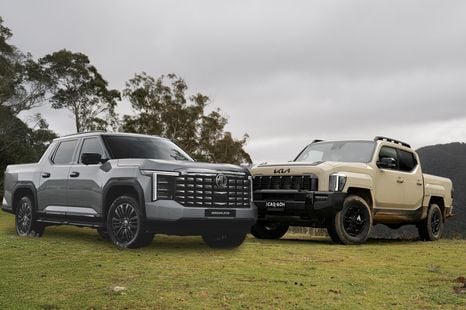

Andrew Maclean
MG U9 Explore Pro vs Kia Tasman X-Pro: Spec battle
1 Hour Ago
You already pay monthly subscriptions for Spotify and YouTube, but what about subscribing to a car with all expenses covered?

Senior Contributor


Senior Contributor
You can buy a car outright, lease a car for a few years, or rent a car for a few days. But what about a monthly car subscription that bundles all running costs together?
Australian car subscription company Carly says the sky’s the limit for this emerging sector, having this week announced a plan to quadruple the size of its vehicle fleet – from 146 cars to around 600 this year.
Carly issued an ASX announcement on March 22 stating it had gained access to an additional $10 million to fund the growth of this fleet, which it claims is currently far too small to satisfy customer demand for its subscription offerings.
This funding injection comes a few weeks after Carly told investors (on February 27) that it had posted a 69 per cent revenue jump over the first half of FY23 versus FY22, as well as a gross profit increase of 261 per cent.
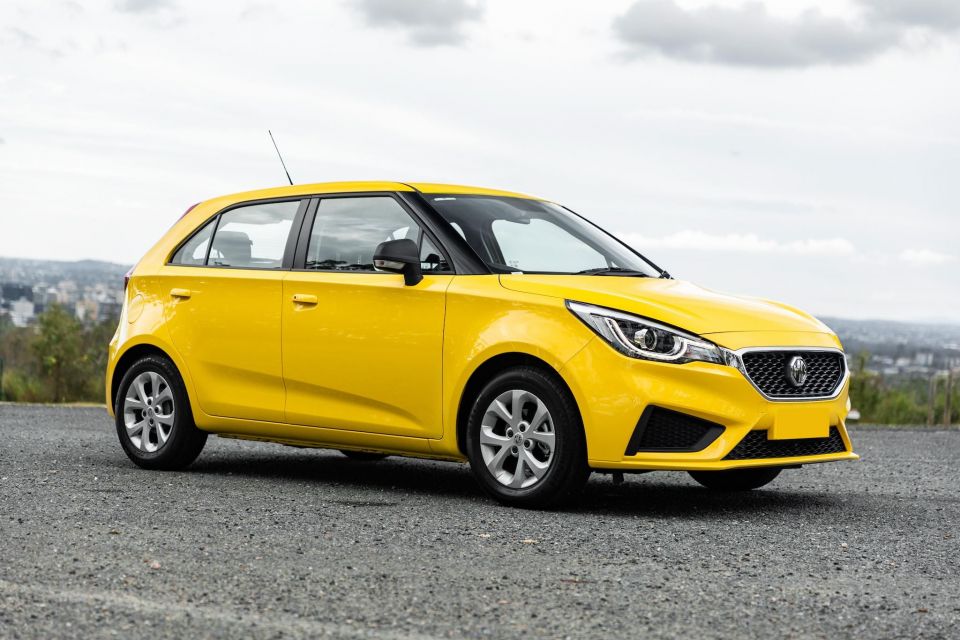
So what exactly is a car subscription, and why are vendors growing at pace?
In the case of Carly – which calls itself the only ASX-listed company focusing on car subscription – it means you get a car from its fleet for a monthly fee that includes registration, insurance, maintenance and roadside assist. Sort of like an all-inclusive lease.
Carly is far from the only company in this space, however. Others, like Simplr, Motopool, Subscribacar, HelloCars, and Carbar, offer similar programs.
The difference between a typical lease and a car subscription is the period of time people tend to use subscription services which, for Carly, is 5.4 months, compared to two-plus years for a lease or purchase, 1-14 days for a rental, and less than a day for car-sharing. This, it claims, presents it with a “major gap”.
The claimed upsides are flexibility, with punters able to cancel with 30 days notice and to switch into a different car to suit changing needs. Carly adds people who subscribe also avoid the thorny issue of depreciation. Of course, convenience comes with a price tag attached.
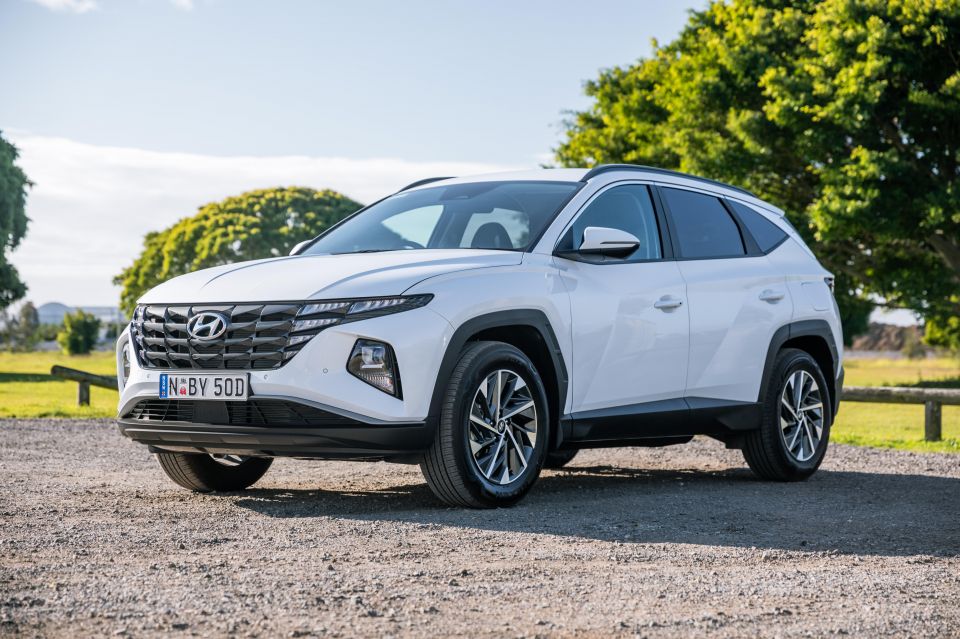
For example, a quick look at its database shows a 2022 Hyundai Tucson for $273 per week including all added costs except petrol, as well as the option to switch into a different model once a month, for instance a ute for a few days if you’re doing DIY.
The company says its clients include people who change their car needs through the year, want to trial a vehicle before they buy one (particularly with an EV), are on the waitlist for a delayed new car, are a traveller or on work placement, or are a Visa holder that can’t get finance.
But Carly says it also sees huge upside from government and corporate fleets, who may need to procure vehicles for short-term projects or staff contracts, operate seasonably, or are just new and still building equity.
While this should be taken with a pinch of salt, Carly claims research it commissioned found 69 per cent of Gen Z and about half of millennials indicated a preference for car subscription.
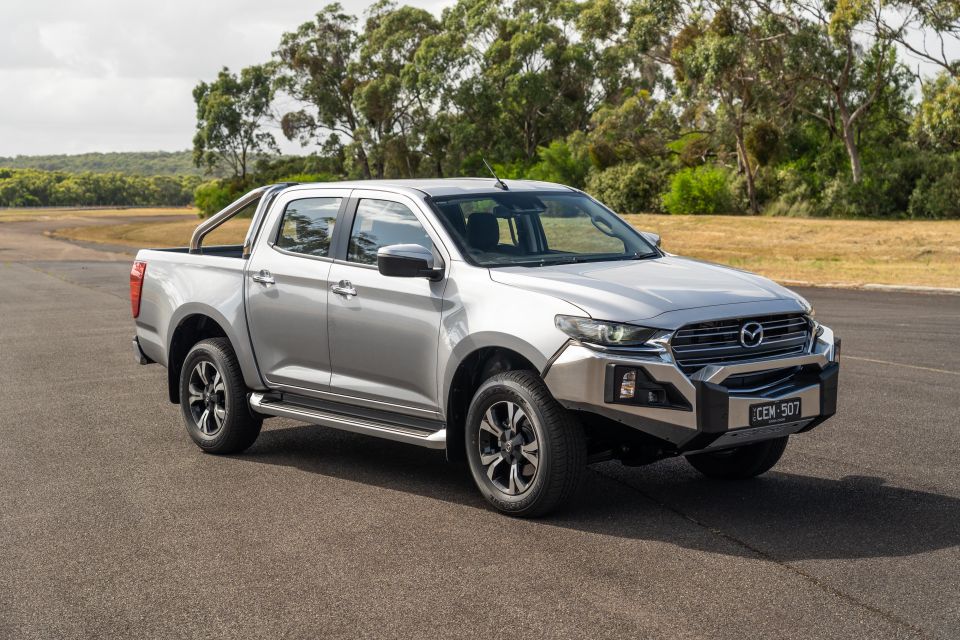
While Carly’s focus seems to be on getting more asset-heavy by growing its own fleet, it also procures cars from car brands, dealers and fleet-management companies and integrates them into its subscription framework.
It cites a co-brand subscription plan with Hyundai for the otherwise sold-out Ioniq 5, which Hyundai uses to get more bums on seats.
“The future of personal mobility will not be based solely around vehicle ownership and Hyundai will adapt to changing consumer demands,” says HMCA CEO JW Lee.
“Through this partnership we will provide consumers with more choice, and an alternative to purchasing a vehicle, which for some drivers may better suit their ever-evolving lifestyles.”
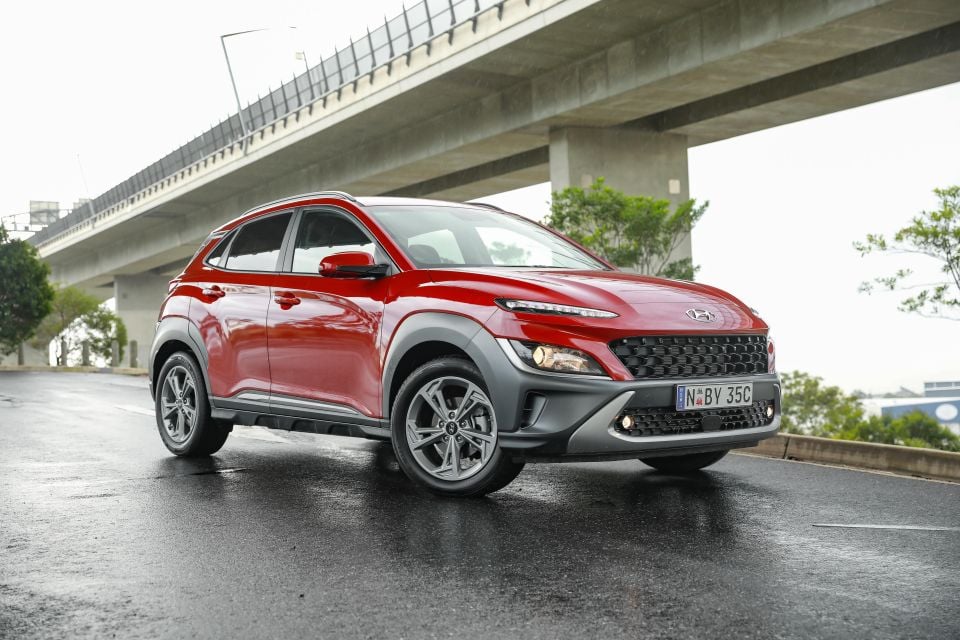
We spoke this week with Carly CEO Chris Noone, who told us the company already had 100 forward-orders to grow its fleet, and would place more this week.
“Despite supply restrictions, we can find cars. We aren’t after 1000 white Corollas or top spec Range Rovers. Most cars can be bought direct, some with SG Fleet connections,” he told us.
“We’ve had more demand than supply for some time. Originally we were asset-light, and then when COVID supply restrictions came in this became very challenging,” Mr Noone added.
Mr Noone also contended the company had a bright future given younger people in Gen Z who are most amenable to subscriptions are often under 21, which is the entry age.
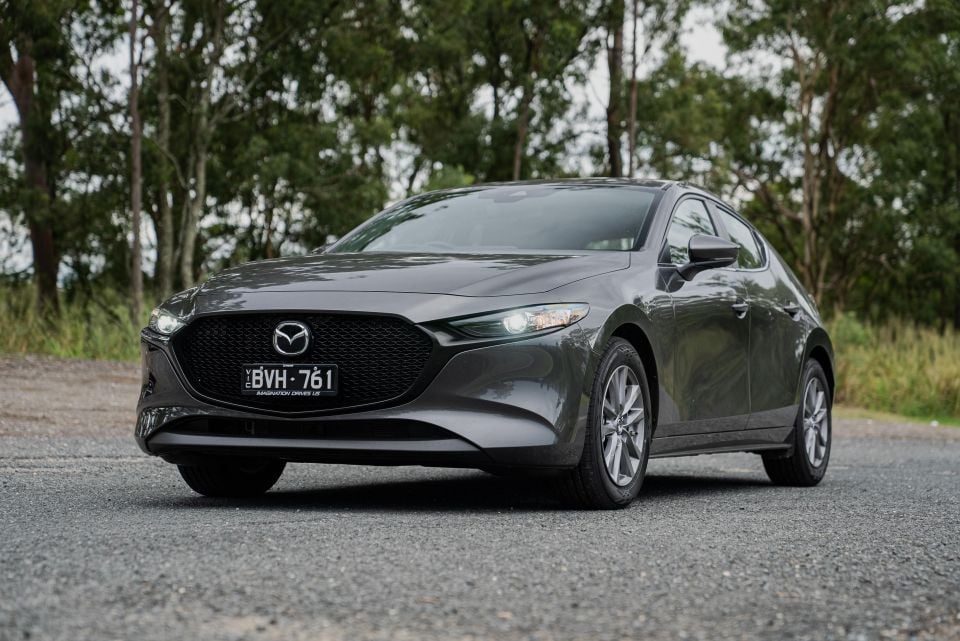
Right now its largest demographic remains Gen X, he added, while adding it had “barely scratched the surface,” penetrating into government and SME fleets. It would also, he added, keep its cars for a few years and consider offering used vehicles for subscription at a cheaper rate.
“Our view is that subscription is suitable for every single person and business at some point in their journeys, when flexibility is very important to them,” Mr Noone added, stating that there would be a period of time in which a short-term subscription to a car made the most sense.
What do you think? Would you consider subscribing to a car for a few months with all costs included – obviously convenience often comes at a cost – and what reason might you have? Tell us below.


Andrew Maclean
1 Hour Ago
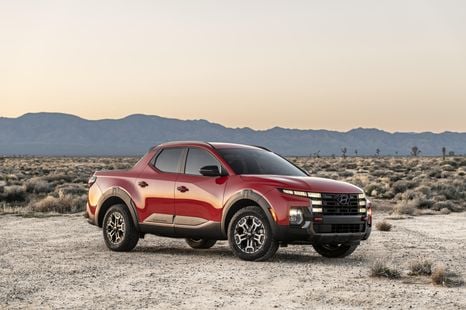

Derek Fung
16 Hours Ago
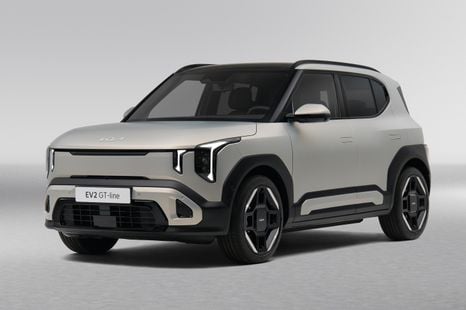

James Wong
17 Hours Ago
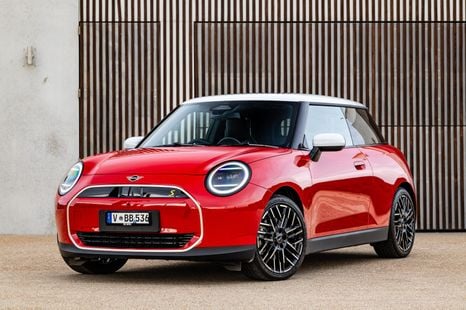

Max Davies
18 Hours Ago


Ben Zachariah
18 Hours Ago
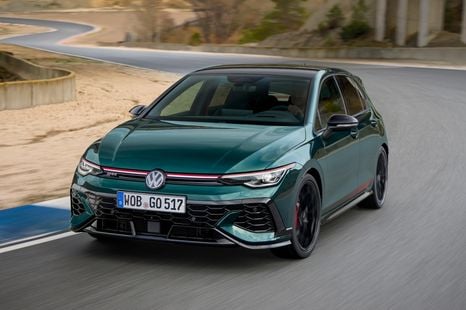

Shane O'Donoghue
1 Day Ago